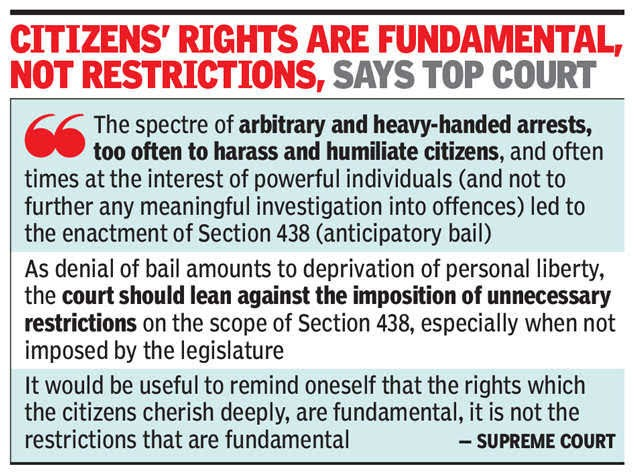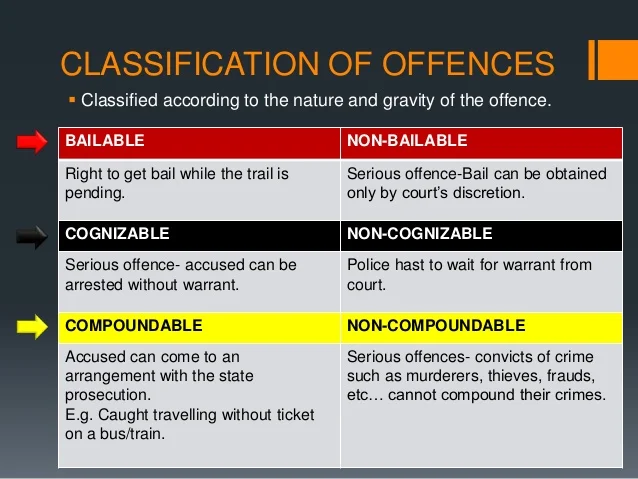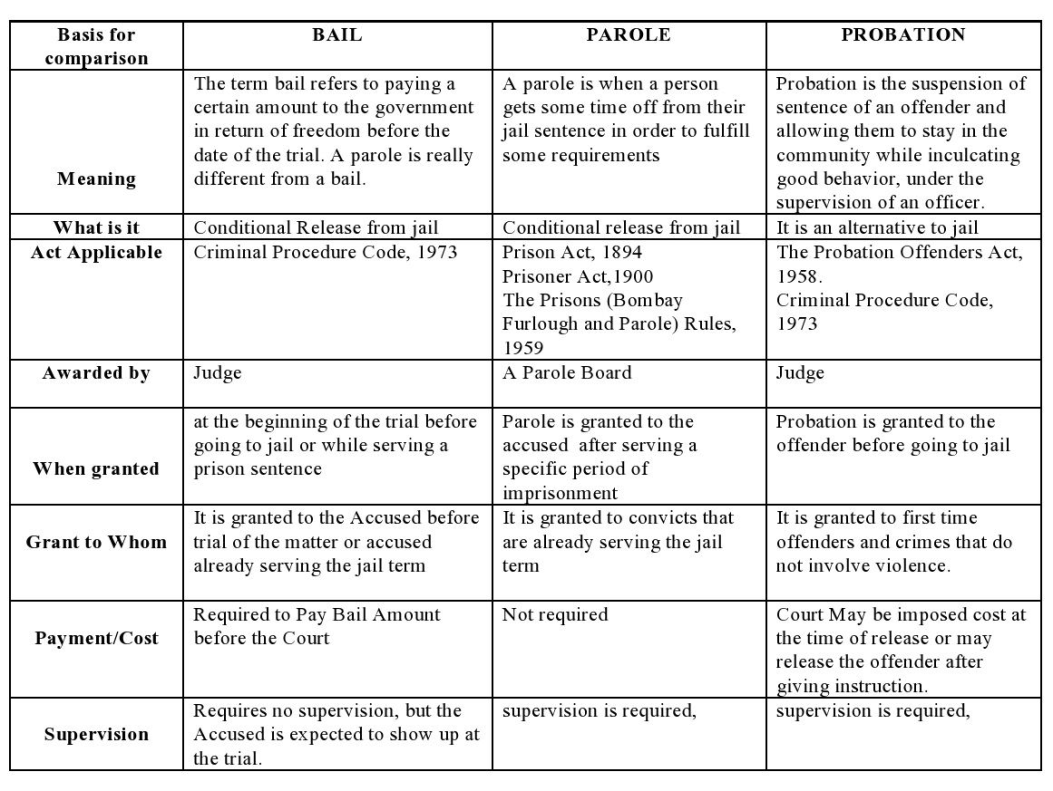Description

Copyright infringement not intended
In News
- Recently the Supreme Court of India in the Satender Kumar Antil vs CBI case has laid down new guidelines on arrests to ensure compliance with the provisions of the Code of Criminal Procedure, 1973.
- The Court has also highlighted the need to bring reforms in the Bail-related law.
- The Chief Justice of India (CJI) has also raised concern about the “hasty and indiscriminate arrests”.
Background
- The Code of Criminal Procedure (CrPC) was drafted in 1882 and it continues to be in use with amendments from time to time.
- The CrPC does not define the word bail in the draft but only categories offences under the Indian Penal Code (IPC) as ‘bailable’ and ‘non-bailable’.
Suggestions by Supreme Court
- The Supreme Court has released guidelines on certain procedural issues for the police and judiciary.
- The court has raised concern over the fact that the CrPC, despite amendments since Independence, largely retains its original structure as drafted by a colonial power over its subjects.
- The court has stated that the magistrates do not necessarily exercise their discretionary powers uniformly.
- The court suggested framing a separate law that deals with the grant of bail.
- The court has raised concern over too many arrests, specifically for non-cognisable offences.
- The Supreme Court has also directed all state governments and Union Territories to avoid indiscriminate arrests.

Bail Provisions under the Indian Law
- Bail is the temporary release of the accused in a criminal case in which the court has a trial pending and is yet to announce the judgement.
- Bail is granted to the convicted person after submitting a personal bond or assurance to follow the conditions imposed by the court.
- A person can apply for bail, at the moment he/she is arrested.
- The accused can get bail for a non-bailable offence.
- Bail can be obtained from Sessions Court or High Court, depending upon the seriousness of the offence the accused is charged with and the discretion of the court.
- For a bailable offence: A person doesn’t need to go to court, as it is given by the Police Officer.

Copyright infringement not intended
TYPES OF BAILS IN INDIA
- Regular Bail is granted to the person who has been arrested or is in police custody.
- Interim Bail is a short-term bail granted for a short period.
- It is granted before the hearing for the grant of anticipatory bail.
- Anticipatory Bail; A person can apply for anticipatory bail when he/she finds out that he or could be arrested for a non-bailable offence.
- At the time of granting anticipatory bail the Court imposes certain terms and conditions which if violated, the Court may cancel the anticipatory bail.

Copyright infringement not intended
Significance of Bail Provisions
- Bail is an essential element of any criminal justice system, as it guarantees the right to a fair trial for the accused.
- It is needed to safeguard the fundamental right to liberty, as mentioned under Article 21 “No person shall be deprived of their liberty unless prescribed so by a reasonable, fair, and just procedure”.
- According to the Supreme Court of India, Bail is a measure to balance the personal freedom of the accused and the public interest. Therefore the release is conditional.
Way Forward
- The Indian Constitution under Article 21 guarantees the right to life and personal liberty to every individual. A person is assumed to be innocent unless proved guilty. Therefore he/she shall not be deprived of personal liberty unless specified by a fair and just procedure.
- Bail is a mechanism that secures liberty to the accused without providing any unjustified benefit to them. However, it has been scrutinised that the practice of granting bail is quite irregular and unclear.
- There are several judgments where the Supreme Court has observed that each case needs to be examined for its facts and circumstance before granting bail.
- The rationality behind granting or refusing bail petitions must be to establish a balance between individual rights and the interest of society.
https://epaper.thehindu.com/Home/ShareArticle?OrgId=GJDA2TFA7.1&imageview=0
1.png)
https://t.me/+hJqMV1O0se03Njk9


















